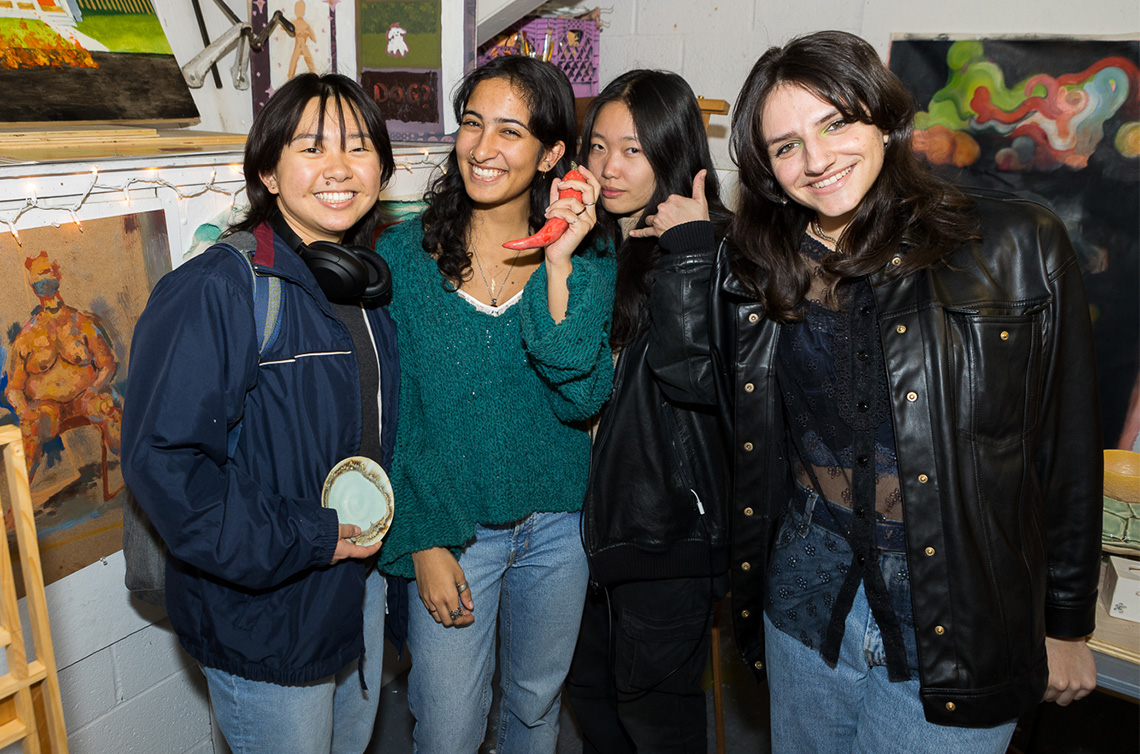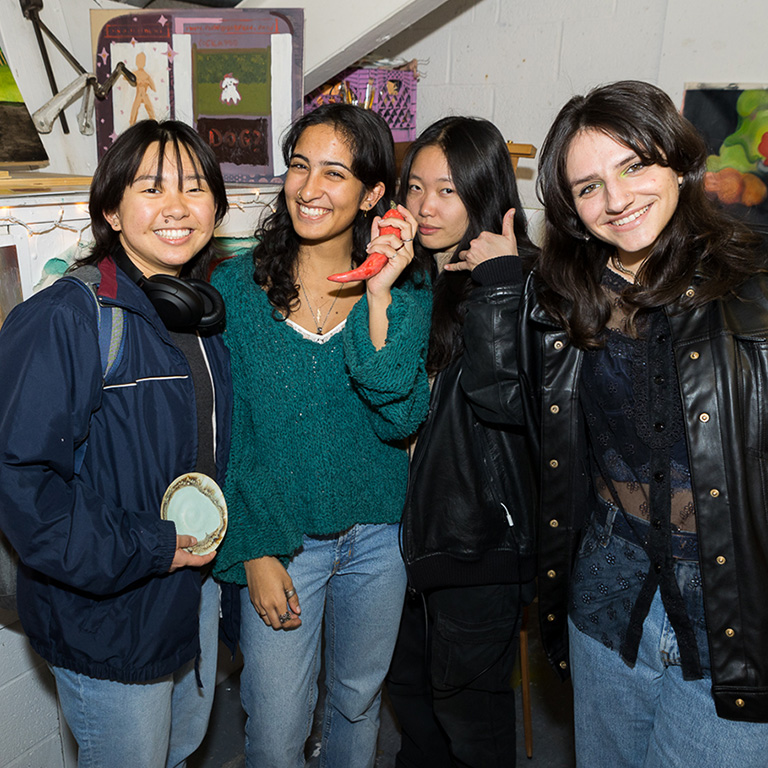Spring 2020 Elective Courses
Please find below a list of all advanced art electives with abbreviated descriptions for Spring 2020. For complete course descriptions and additional information please refer to SIO.

Performance Art (In The Expanded Field) (60405)
F 8:30-11:20am & 1:30-4:20pm
Professor Angela Washko
Performance Art (In The Expanded Field) is a course through which students will learn about the interdisciplinary history of performance art from early conceptual art to contemporary digitally mediated approaches. In conjunction with establishing an understanding of the genre’s history, students will create their own experimental performance art pieces which may include performances-for-video, performances-for-stage, performances-in-public, performances-for-the-internet and more. Through assigned performance gestures and supporting texts and screenings, students will develop the confidence to make performances in a variety of contexts as well as the vocabulary to talk about them.
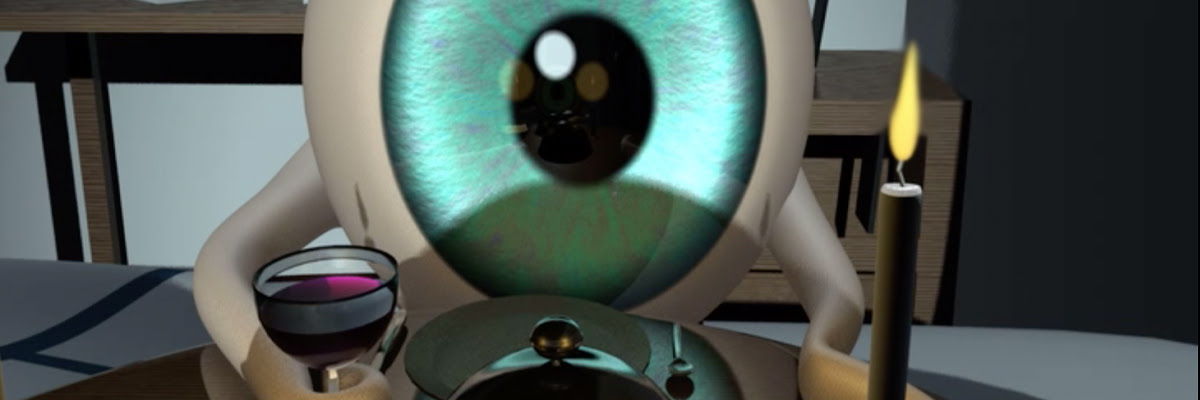
Animation, Art, and Technology (60414)
MW 1:30-4:20pm
Professors James Duesing and Jessica Hodgins
Animation, Art, and Technology is an interdisciplinary course cross-listed between Art and Computer Science. Faculty and teaching assistants from computer science and art teach the class as a team. It is a project-based course in which four to five interdisciplinary teams of students produce animations. Most of the animations have a substantive technical component and the students are challenged to consider innovation with content to be equal with the technical. The class includes basic tutorials for work in Maya and Unity leading toward more advanced applications and extensions of the software such as motion capture and algorithms for animating cloth, hair, particles, and immersive technologies.
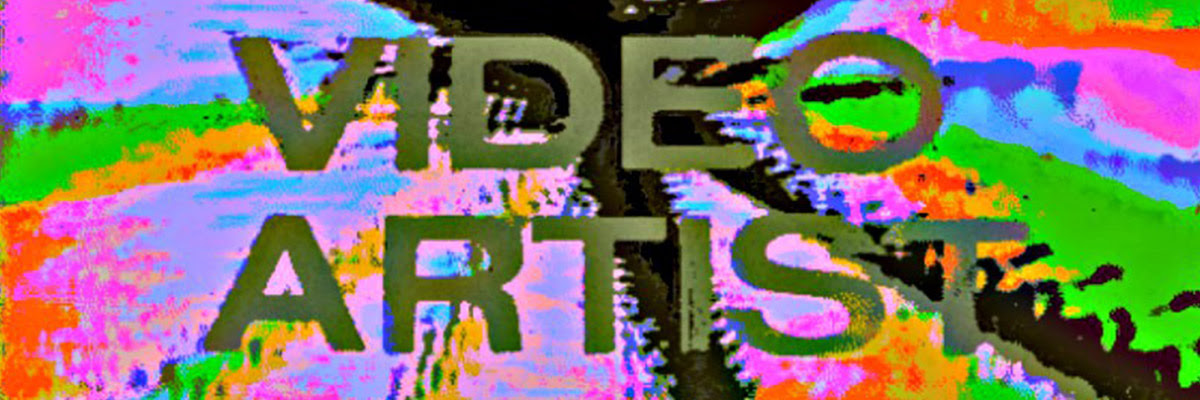
Open Video (60417)
MW 6:30-9:20pm
Professor Suzie Silver
Moving images are everywhere! With so much media competing for our attention, how do artists create work that will break out and find an audience. Who are some of the important moving image artists today? Where do they exhibit and distribute their work? How do they build community? Find an audience? Participate in meaningful discourse? In Open Video, students will create self-directed moving image based projects in a seminar/studio based class that poses these questions and more. Experimental strategies and techniques explored may include but not be limited to: narrative, essay, installation, performance, animation, activism, visual music, abstract, personal, audio-visual systems.
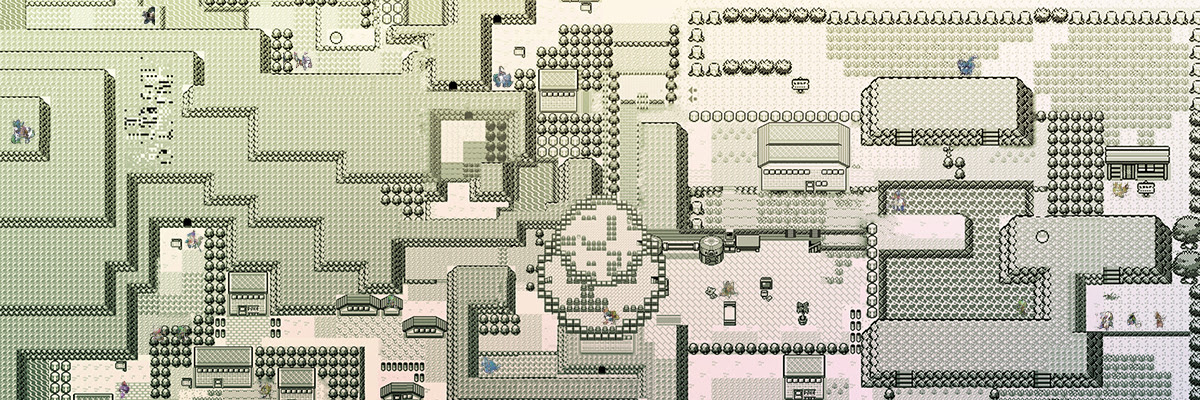
Gestural Games Toolkit (60418)
MW 1:30-4:20pm
Professor Everest Pipkin
This gamemaking class is focused on open source, free-to-use, and artist-made game development tools, as well as their political, social, and ethical histories. Throughout the semester we will produce quick game prototypes in alternative frameworks, including Bitsy, Hypercard, Pico8, Glitch, Gameboy Maker, Twine, and Sok Stories, as well as through hacks and alterations to systems like Google Forms and the desktop interface. The goal of this class is to cover a wide survey of alternative game development tools for both the production of our own games and an examination of the ethos of tool-making itself. Projects will be both individual and team-based. Some coding experience is recommended, but is not required.
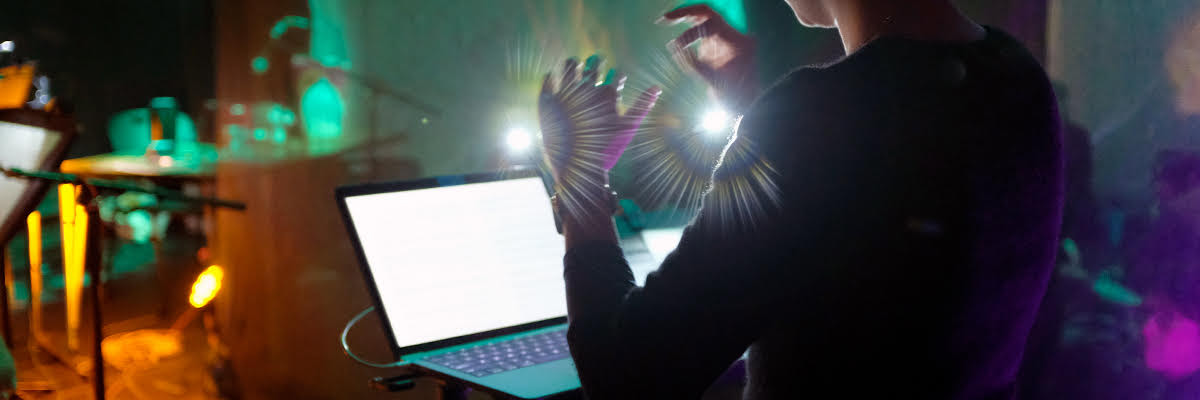
Experience Machine (60424)
TR 1:30-4:20pm
Professors Johannes DeYoung and Annie Hsieh
Experience Machine is an advanced intermedia studio class in which student artists from different disciplines collaborate to create ambitious projects at the intersections of sound, light, and movement. Course work explores strategies for interdisciplinary art practice through theoretical and historical frameworks in experimental music, performance art, and Expanded Cinema practices. Pioneering works of historical avant-garde artists and composers inform a series of open-ended project prompts. Topics covered in the course are roughly divided into three large sections: synthesis: translations and interrelations between sound, light and movement; modalities of perception; and environments and activations.
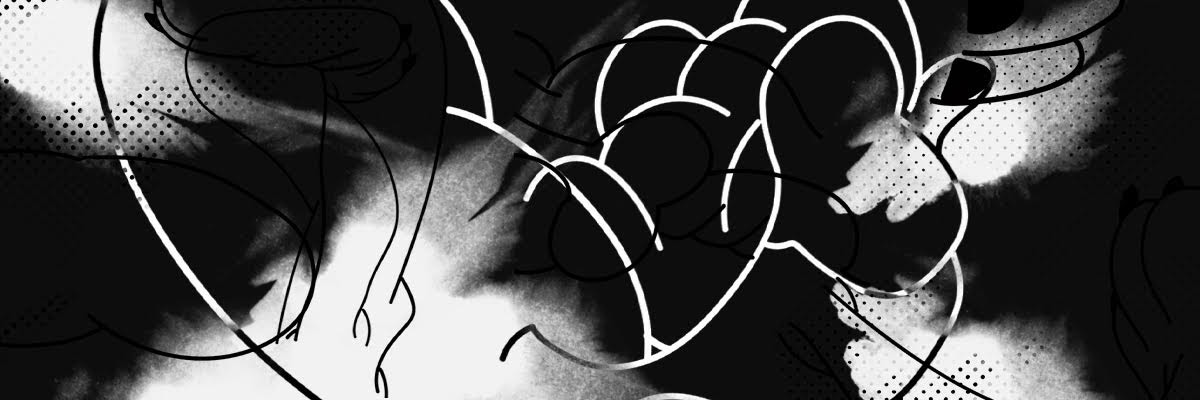
2D Animation (60426)
TR 8:20-11:20am
Professor Johannes DeYoung
2D Animation is an introduction to animation concepts, processes, and techniques through hands-on studio practice. Coursework emphasizes creative content production, experimentation, critical thinking, and collaboration. Pioneering works of historical avant-garde animation inform a series of open-ended project prompts, drawing reference to a wide spectrum of animation practice. Through screenings, practical tutorials, readings and discussions, this class will explore contemporary currents in animation and character design, and expose students to a variety of conceptual, methodological, and technical resources. Students will gain proficiency in the techniques of two-dimensional animation and demonstrate competency in producing animation with a variety of tools.
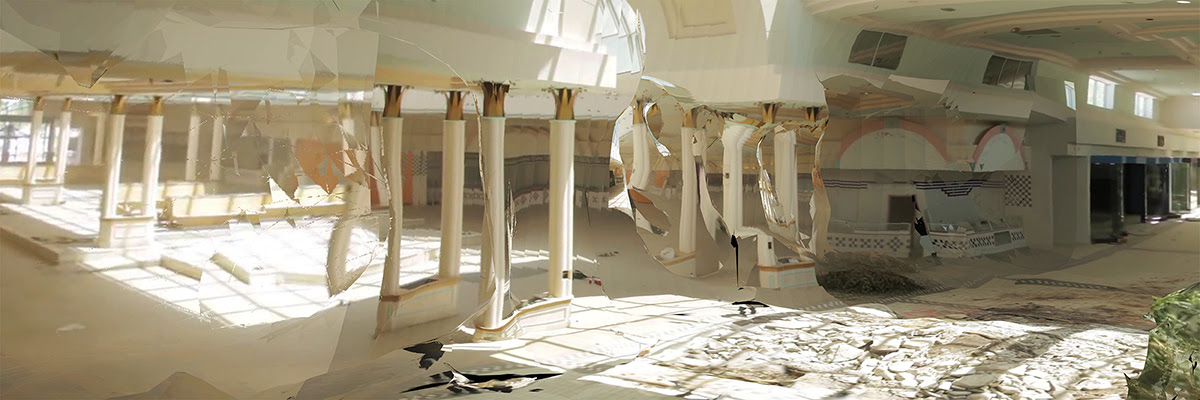
Experimental Capture (60461/60761)
TR 1:30-4:20pm
Professors Golan Levin and Nica Ross
This is an interdisciplinary course in experimental media practices that arise from using devices to "capture" the world. We will survey state-of-the-art techniques and emerging ideas, to record objects, people, places and events in ways that go beyond the limits of human perception. The course evaluation will be project-based, in which students will capture a wide variety of things, and develop projects around the data they collect. We will cover a wide range of unusual devices and techniques for acquiring information about the world, including panoramic and hyperspectral imagers, depth sensors, 3D scanners, photogrammetry, motion capture systems, face-trackers, hand-trackers and eye-trackers, binaural and ultrasonic audio, and more. Through these explorations, we seek the visual cues of exotic, forgotten and nascent image capture technologies.
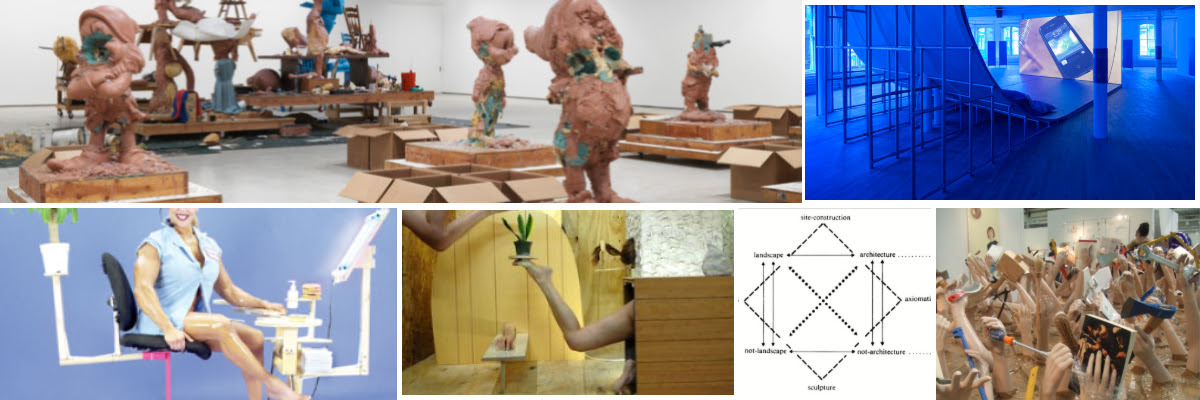
Open Sculpture (60430)
MW 1:30-4:20pm
Professor Isla Hansen
Open Sculpture is a project-based studio, building off skills and concepts learned in 3D media 1 and 2, that allows for student-driven development of an artistic practice in 3D media, installation, and systems. Ours is a widely inclusive and experimental definition of “sculpture,” encouraging interdisciplinary approaches. Artists will create 3 to 4 major projects and hone their individual sense of creative identity through the development of personal research interests, aesthetic sensibilities, and their own critical language surrounding common themes through their projects. An emphasis will be placed on extremely contemporary art, as we develop our own class database of sculptors, fabricators, and artists who are our peers.
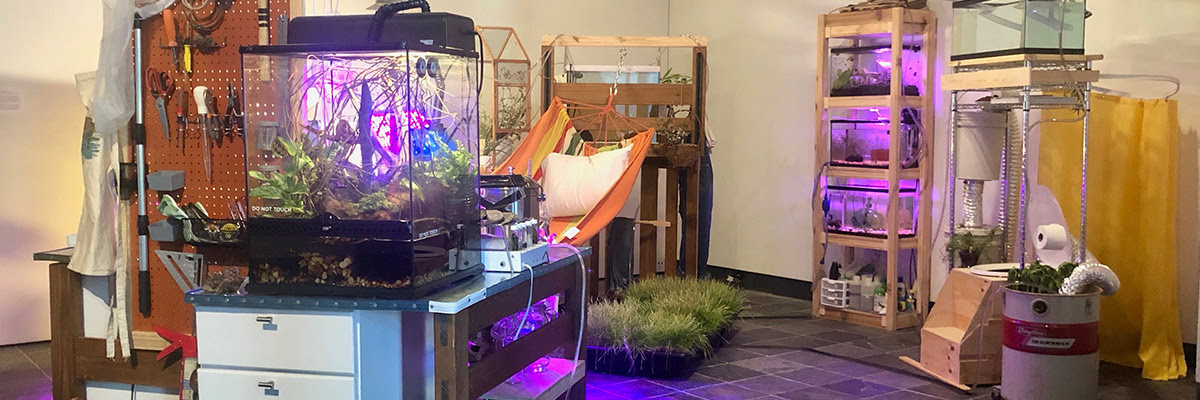
Environmental Sculpture (60437)
MW 1:30-4:20pm
Professor Bob Bingham
This is a studio-focused course on sculpting with the environment, including object making, installations, and site work with an emphasis on ecological materials, growing systems, environmental impact, and related issues. Students will be required to explore and develop proposal-making skills in order to acquire permission for sites in which to implement projects. Both individual and collaborative projects are possible.
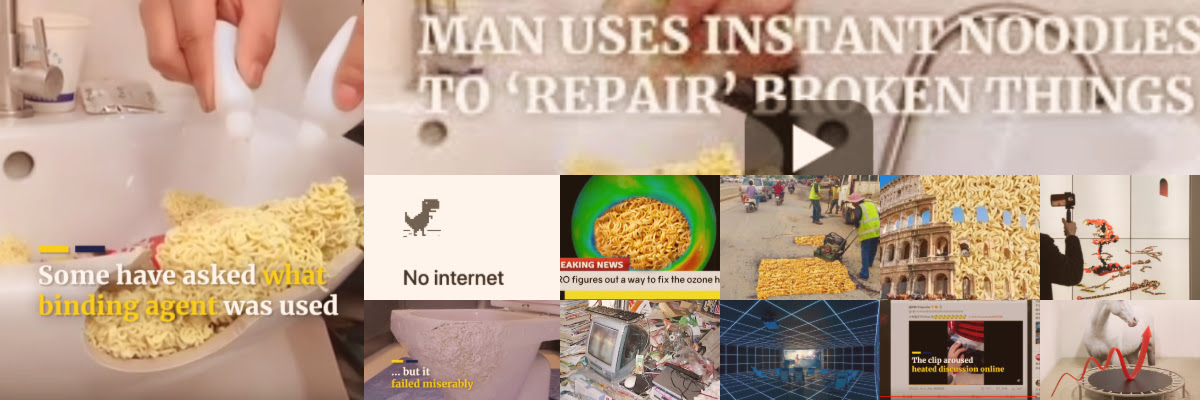
Sculpture After the Internet (60440)
MW 6:30-9:20pm
Professor Isla Hansen
Hito Steyerl asked, “Is the internet dead? …[it is] completely surveilled, monopolized, and sanitized by common sense, copyright, control, and conformism… what happened to the internet after it stopped being a possibility?” This course assumes it is the artist’s role to find and create possibilities in all contexts, and investigates what it means to create new possibilities by making physical objects, experiences, sculptures, installations, and systems in an era post-internet. As a project-based experimental lab, this class asks students to navigate back and forth between digital and physical creative tool sets, and explore issues surrounding automation, the relationship between the body and technology, “image-objects;” and scripted spaces.
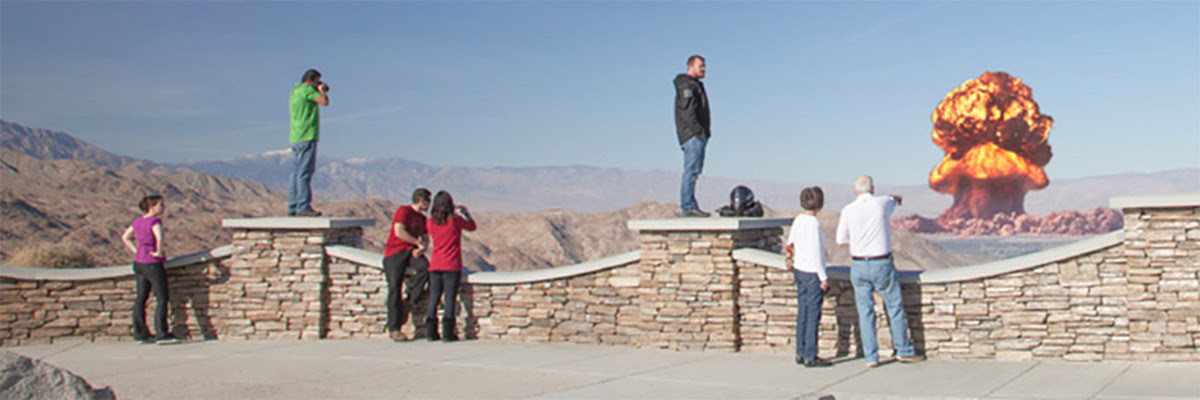
Art at the End of the World (60447)
F 8:30-11:20am & 1:30-4:20pm
Professor Rich Pell
The world is awash today in stories that anticipate an end to the world as we know it. Their scale can appear to dwarf the actions of individual humans, and yet this is exactly where the work of the artist is proportionally most significant. Artists write the myths that help us understand the present, and create the monuments that explain the present to the future. In this course, students will creatively engage with our present apocalyptic predicaments through field-trips, research and site-specific exhibitions. They will use joy, introspection, humor, and courage, to create works using the full range of artistic expression from the highly ephemeral to the timeless. Don’t get left behind, this unique course may never be offered again.
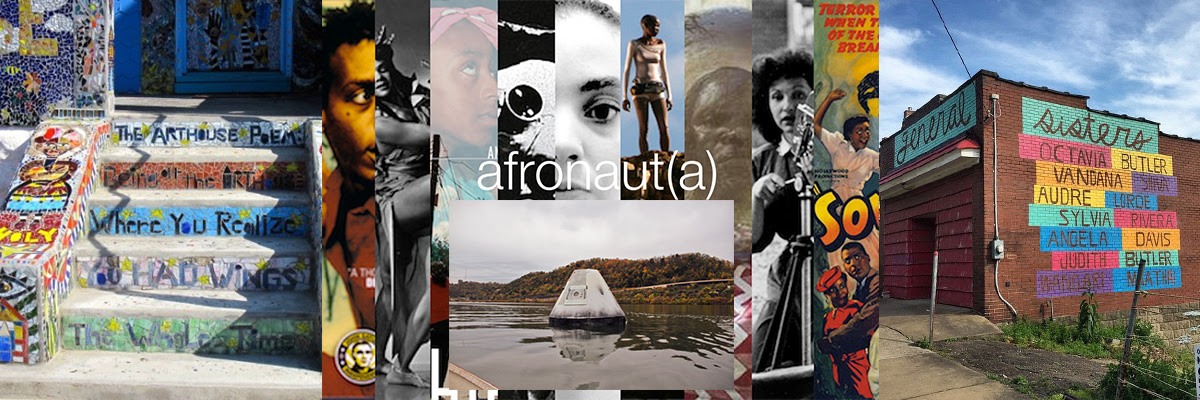
CultureMaker – Connecting studio practice to cultural programming & social justice (60449)
MW 8:30-11:20am
Professor Alisha Wormsley
This class will focus on thinking about different methods of connecting studio practice to contextual practice. What kinds of projects share the ideas that we have and the inspiration we use to create work? As well as how can we make work from creating cultural programming and public curation to bring back into our studio? During this class we will investigate methods of working with communities in and out of the studio. We will make digital, performative and critical work that connects to communities and then curate and produce programming, for a public audience, that will engage the communities for deeper research to enrich our projects further. Pittsburgh has a rich network of artists that engage in this practice.
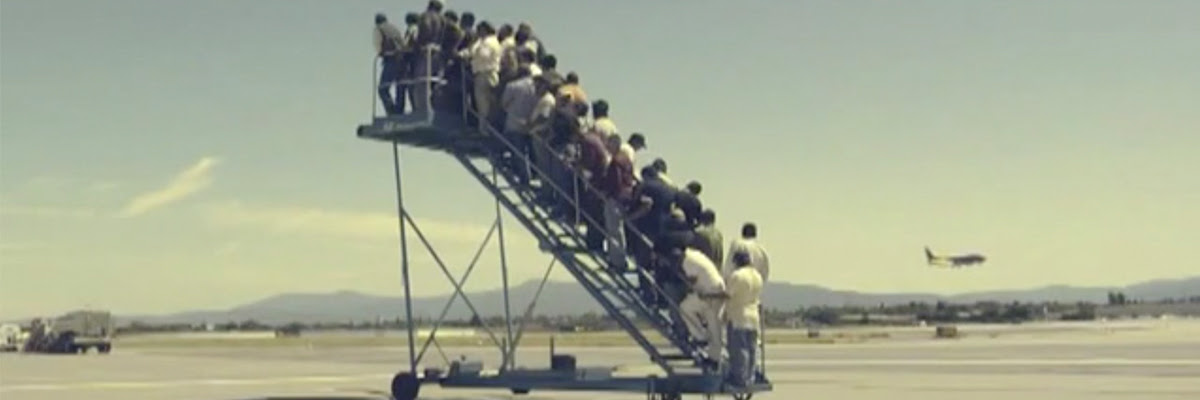
Decolonize Now! (60364)
W 6:30-9:20pm
Professor Jongwoo Jeremy Kim
This course explores ways to “delink” artmaking and its history from the “colonial matrix of power.” Examining critical discourses surrounding decoloniality, as well as post-coloniality, students will test and complicate foundational concepts such as hybridity, empire, migrant subjectivity, consciousness of the Borderlands, post-occidental reason, pluriversality, and transmodernity. Over the duration of the semester, students will be tasked to form a corroborated viewpoint of their own in relation to theoretical texts. Exhibitions such as The Warmth of Other Suns: Stories of Global Displacement (2019) and When Home Won't Let You Stay: Migration through Contemporary Art (2019) are crucial in understanding the framework of this class. (Image: Adrian Paci, Centro de permanenza temporanea (Temporary Detention Center) (still), 2007. Video, sound, color, 4:32 min)
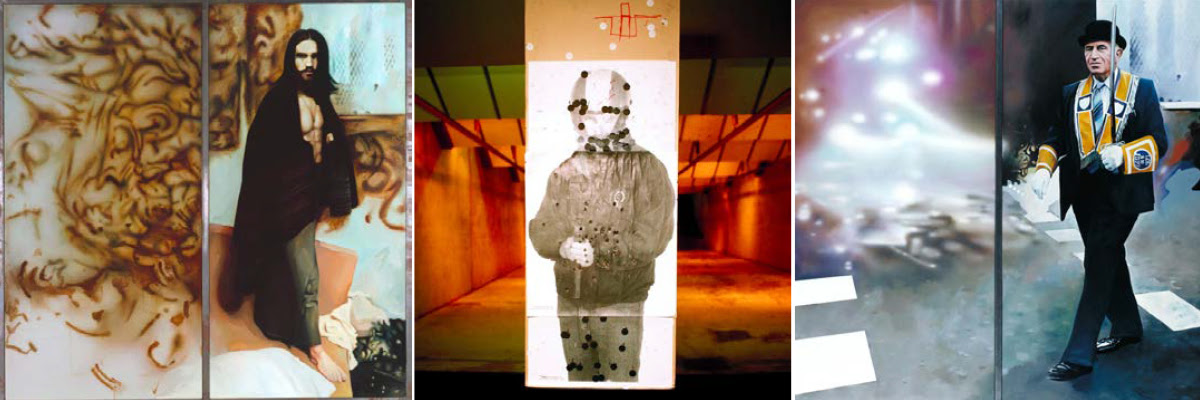
Art, Conflict, and Technology (60397)
T 10:30-11:50am & R 10:30am-12:20pm
Professors John Carson, Jennifer Keating-Miller, and Illah Nourbakhsh
This interdisciplinary course considers the period of violence in Northern Ireland from 1968 to 1998, known as The Troubles, and recent issues caused by Brexit, as a point of comparison between societies rife with strife, division and predilections to violence. We investigate ways in which visual art, literature and theatrical performance, explore societal conflict, and how evolving technological systems can influence political dynamics and modes of artistic practice. While focusing on the legacy of societal conflict in Northern Ireland, we will compare manifestations of borders, barriers and bridges in a global context. On a visit to Northern Ireland over spring break, students will meet with stakeholders to learn about their past experience and current motivations.
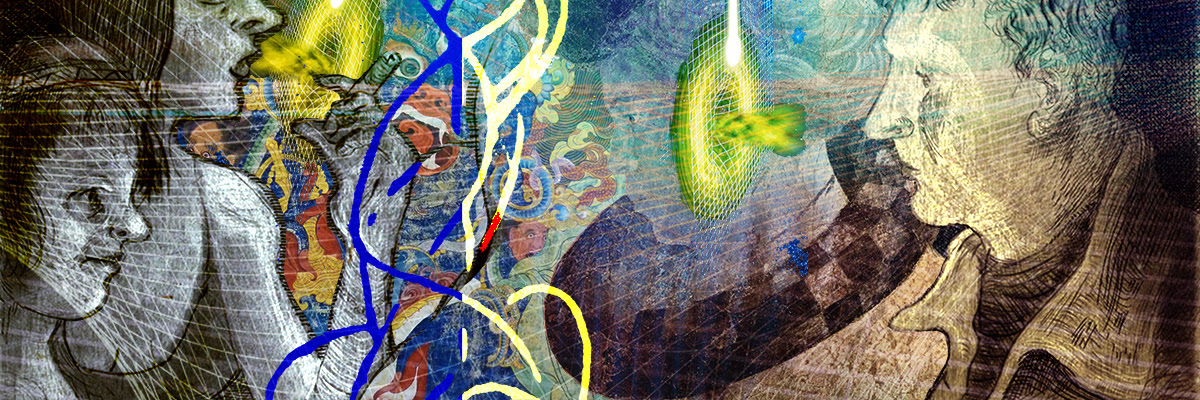
Drawing: IN NO TIME (60450)
TR 1:30-4:20pm
Professor Andrew Johnson
Hypothetically, a drawing remains outside of time. A drawing is an indelible desire, an instant caught, a thought preserved. A drawing's beginning, middle and end are depicted simultaneously. To the extent that we fancy our time as one with knowledge, opinion and appraisals at our finger tips there is NO TIME more appropriate for drawing. In this studio course we will research, examine and create works relative to three thematic units: the spontaneous (immediate, performative, transformative magic touch); the achronological (formal aspects not bounded by time); and the perpetual present (the eternal and ever extent). Students will experiment with materials and techniques, scale and size, and develop their own imagery, content and processes.
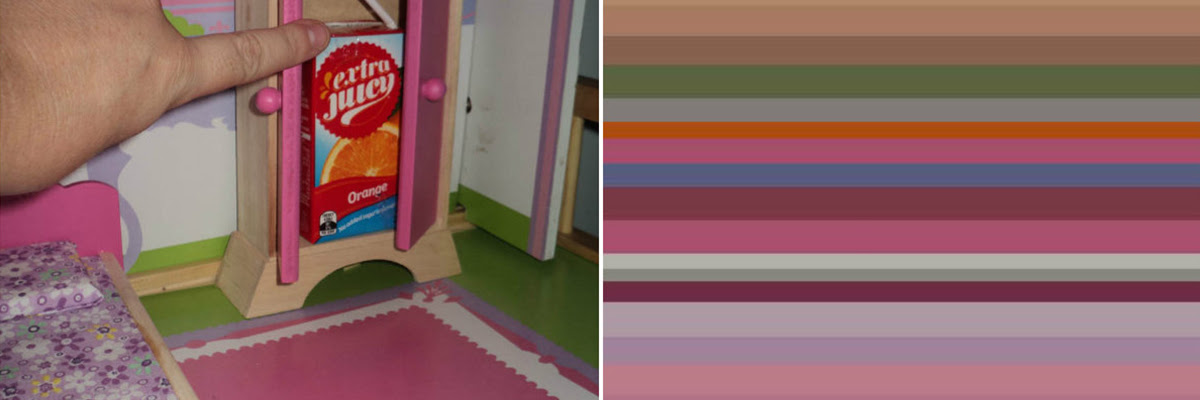
Color (60452)
MW 6:30-9:20pm
Professor Clayton Merrell
In this advanced course, students will learn to employ a wide range of color theories and color systems through hands-on exercises and studies. Studies will be done primarily in paint, with some use of collage and digital media. These exercises will be aimed at mastering a variety of color approaches that will be applicable to each student's own artistic practice. Students will develop, based on their own interests, a cohesive body of work in which to practice and expand on the skills learned through the directed exercises. Studio work will be augmented by lectures, demonstrations, critiques, readings and critical discussion of writings about color.
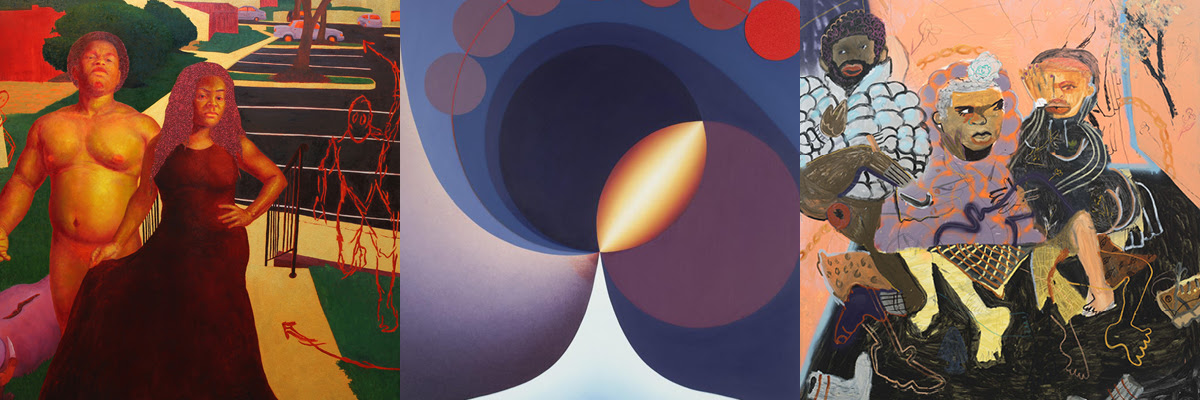
Advanced Painting (60453)
TR 8:30-11:20am
Professor Devan Shimoyama
This course is designed to help promote a painter's development, both conceptually and technically. It encourages students to expand their ideas through a diverse set of projects. Through research and studio experimentation, students will explore issues of scale, surface, materiality, process and performativity in painting. They will also consider notions of the "picturesque" and how non-artistic disciplines can inform painting. Lectures and assignments are designed to enrich the painter's conceptual and technical base and to promote creative growth.
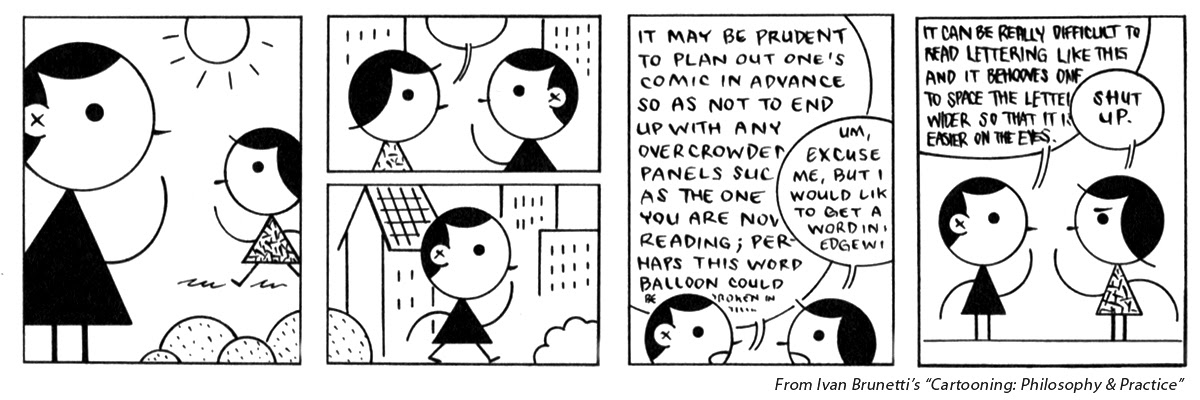
Expanding the Graphic Novel (60464)
F 8:30-11:20am & 1:30-4:20pm
Professor John Peña
In this course, students will critically and creatively engage with the medium of comics to learn how to better communicate their ideas in this format as well as challenge its boundaries. A substantial portion of the course will focus on familiarizing students with the basics of storytelling in a sequential narrative format and creating opportunities for students to discover, hone and explore their own voice and style. In addition to creating new work, students will also explore the history of comics and the origins of the "modern" graphic novel. Students will also be expected to think beyond the commonly accepted notions of comics and to question the relevancy of their work in this medium.
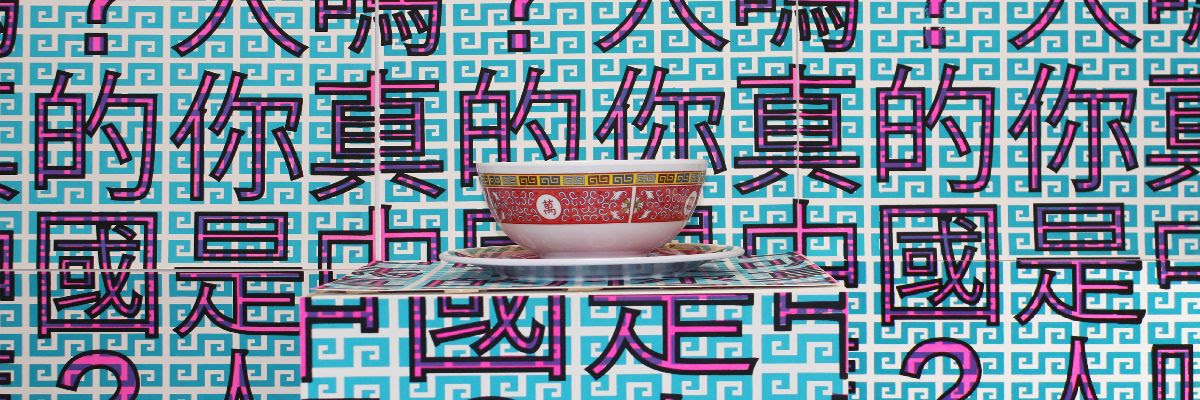
Open Print (60475)
MW 8:30-11:20am
Professor Imin Yeh
This advanced Print Media course focuses on student-driven development of a studio practice focused on contemporary print, multiples and distributed art. In this class, individuals will continue to build on technical skills and concepts, and the interdisciplinary applications of both, through self-directed, individual approaches. This course is for advanced students of art, ready to focus on larger-scaled, conceptually and formally ambitious projects that are formed from long-term investigations.
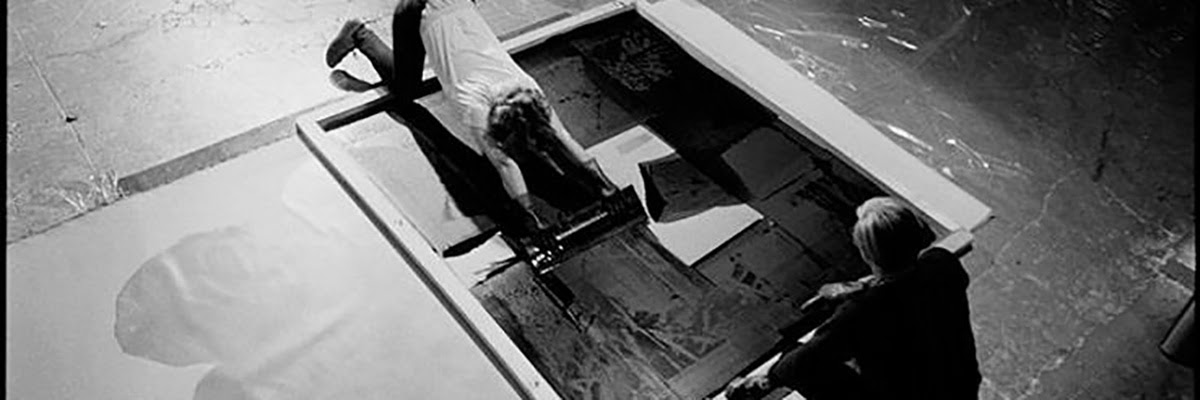
Advanced Screen Print (60476)
MW 1:30-4:20pm
Professor Imin Yeh
This course is a comprehensive and intensive study of Serigraphy (screenprinting), one of the most versatile and contemporary of printmaking techniques. The course is focused upon the mastery of this process. Students will explore multiple methods of image making (from hand-drawn to digital imaging) and will be introduced to CMYK printing. The emphasis of this course is on artistic work on paper, but will also be exposed to the ways that screenprint can work across a wide range of different media: from 2D (paper, canvas, cloth) to 3D (book forms, sculpture, installations) and utilizing printed multiples in participatory and exchange-based artworks.
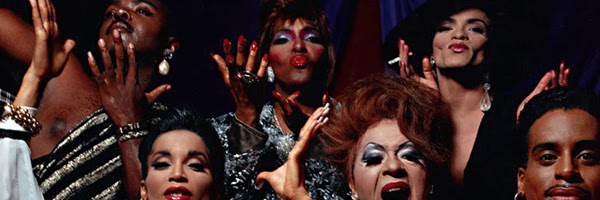
Photography: Picturing Identity (60479)
TR 1:30-4:20pm
Professor Shikeith
In this course, students will investigate the methodologies through which identities are expressed, revealed, deconstructed, and imagined in photographs. This class will provide students with a critical survey of images, texts, and conventions practiced by artists whose use of the photographic medium has shaped our understandings of the body, race, gender, nationality, sexual orientation, class, citizenship, religion, and ethnicity, among others. Students will work to develop their own visual language through forms of research and investigation, experimentation, and creative risk taking. A deeper relation to looking at, conversing with, and critiquing images will function as the centerpiece to this class, with work carefully assessed in terms of authenticity, reflection, expressivity, and execution. Prerequisite: Familiarity with digital photography and digital cameras.
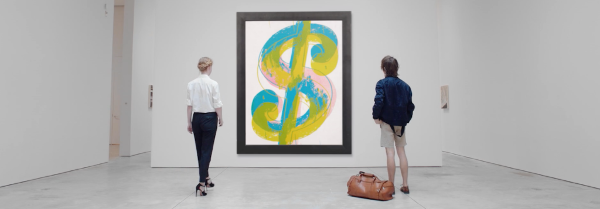
Professional Development for Creative Practices (60350)
R 6:30-9:20pm
Professor Tom Hughes
Supporting a creative practice as a sustainable career—whether individual studio practice, employee or entrepreneur—requires a foundational knowledge of basic organizational, legal, and financial structures and practices. Throughout this seminar-style course, students will develop a starting knowledge of basic business concepts; a foundational understanding of ethics and best practices; problem-solving skillsets and methodologies for managing projects and programs; and apply these learnings to their own creative practices. Topics will include basic business structures; intellectual property; Contracts and employment; earned income and fundraising; financial management and taxes; marketing and communications; and strategy development.
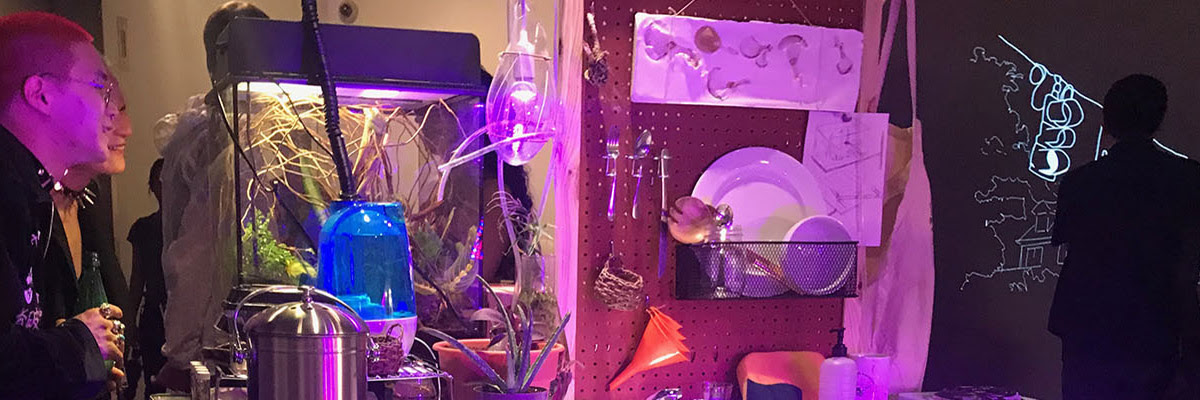
Senior Studio (60402)
TR 1:30-4:20pm
Professors Susanne Slavick, Carol Kumata, and additional faculty member TBD
Students continue a comprehensive two-semester capstone project. Each student pursues an ambitious and cohesive body of work with guidance by a team of School of Art faculty. Multimedia, multidisciplinary, and collaborative work is encouraged. Studio work is supplemented by group critiques, workshops on writing, professional presentation skills, career preparation, and technical instruction as needed. Attendance at all 6:30pm School of Art Lecture Series events is required for this class. Open to seniors in the School of Art, or by instructor permission.
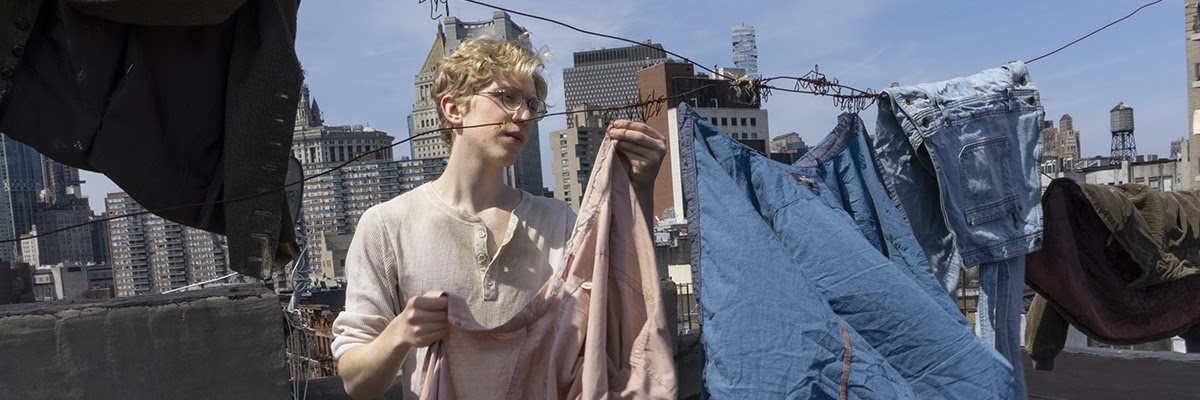
Photographing America (60235)
MW 6:30-9:20pm
Professor Leo Hsu
In this course, students will create an original photographic project that responds to or builds on a legacy of photography that has sought to describe and often to critique the United States of America, its aspirations, and its challenges. Through readings and class discussion, students will examine a range of projects that addresses notions of America or an American character, including work produced by both American and foreign observers, including Walker Evans, Robert Frank, Diane Arbus, Stephen Shore, Hank Willis Thomas, Justine Kurland, Chris Maggio, and others. Students will develop their own “American” body of work, culminating in a portfolio project.
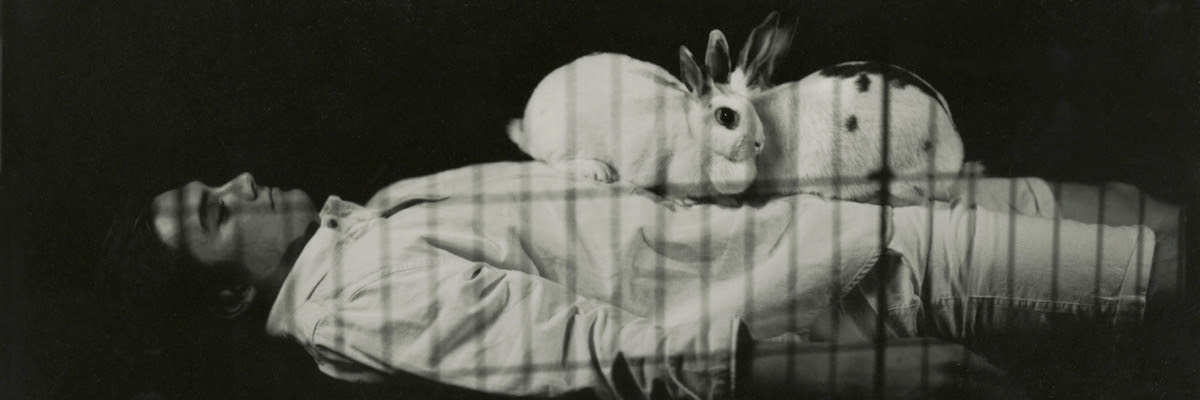
Black and White Photography II (60241)
TR 1:30-4:20pm
Professor Jamie Gruzska
This course allows you to gain experience with medium and large format film cameras while emphasizing aesthetic development and personal artistic growth. As an advanced student, you have access to an unusual assortment of panoramic and pinhole cameras that will change the way you make photographs, revealing unknown perspectives. Additional topics include digital process though negative scanning and inkjet printing, advanced monotone printing methods, and a focus on exhibition and folio presentation. Cameras will be supplied for this course.
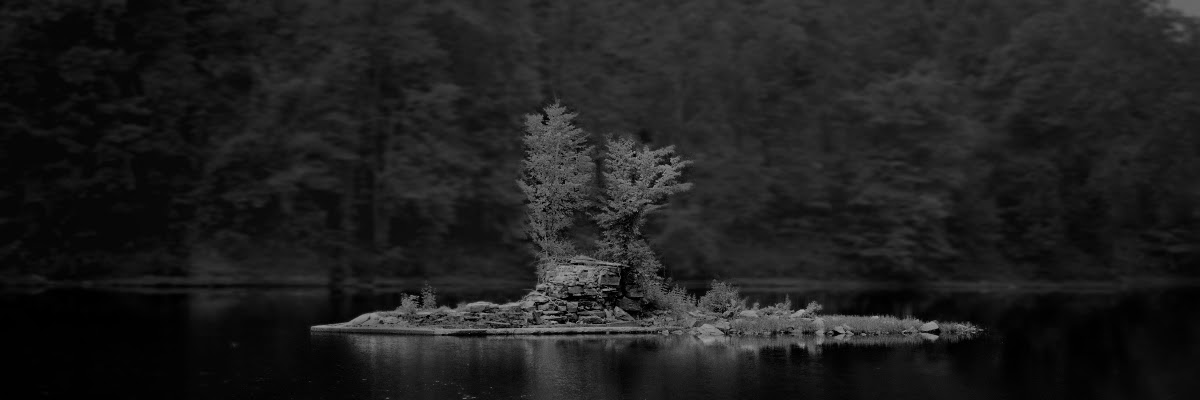
Large Format Photography: The Antiquarian Avant-Garde (60375)
TR 8:30-11:20am
Professor Aaron Blum
This course utilizes traditional photographic techniques to explore the roots of image making in a contemporary environment. Students will use an array of large format cameras and 19th and 21st century processes to create one-of-a-kind photographic imagery. Course topics include view camera techniques, experimental printing processes, hand-coated emulsions, and contemporary tin-types.
